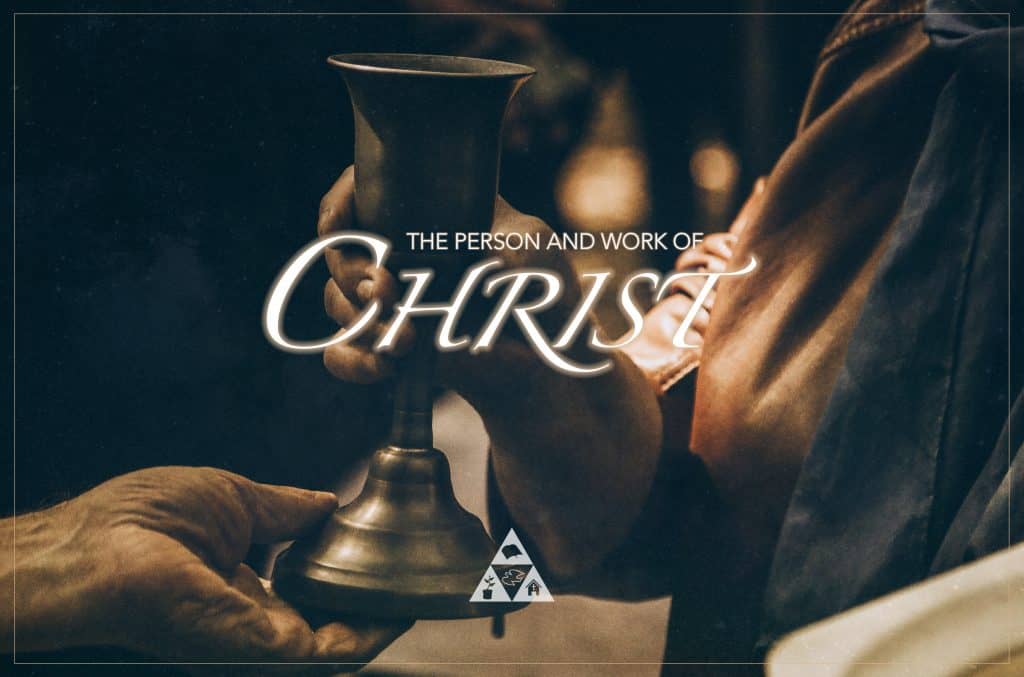⏱️ Estimated Reading Time: 5 min read
At the crossroads of history, Jesus hung nailed to a cross. The loss of blood from the beating alone would have killed most men, but this was no ordinary man. This was the Son of God, and His death was ordained in covenant with His Father. The crowds gathered around the Place of the Skull to see their King lifted high. Above our Lord was a sign that read, “King of the Jews.” Pilate unknowingly proclaimed the greatest truth to a watching world. The Messiah was raised up like the bronze serpent in the wilderness, and though it did not look like it, Jesus was being prepared to sit on the Father’s heavenly throne.
The Gospel of John records the scene:
“Standing by the cross of Jesus were his mother and his mother’s sister, Mary the wife of Clopas, and Mary Magdalene. When Jesus saw his mother and the disciple whom he loved [John] standing nearby, he said to his mother, “Woman, behold, your son!” Then he said to the disciple, “Behold, your mother!” And from that hour the disciple took her to his own home. After this, Jesus, knowing that all was now finished, said (to fulfill Scripture), “I thirst.” A jar full of sour wine stood there, so they put a sponge full of the sour wine on a hyssop branch and held it to his mouth. When Jesus had received the sour wine, he said, “It is finished,” and he bowed his head and gave up his spirit.” – John 19:25-30 (italics mine)
SUBVERSIVE PARALLELS
“I thirst” subverts. For instance, the man who said, “I thirst,” is the same man who said to the Samaritan woman, “Everyone who drinks of this water will be thirst again, but whoever drinks of the water that I will give him will never be thirst again. The water that I give him will become in him a spring of water welling up to eternal life” (Jn. 4:13-14). How can the same man who offered living water to the Samaritan now be dehydrated? Jesus offered the “gift of God” (v. 10, “living water”), which quenches all thirst to sinners, but He hung on the cross thirsty.
Jesus quenched the thirst of weary souls by thirsting Himself. When Hebrews points out that we do not have a High Priest who is unable to sympathize with sinners, part of the sympathy is tasting our spiritual drought. In order to provide spiritual relief, Jesus Christ thirsted. The Bread of Life took on our affliction of spiritual dehydration so that in Him, we might hunger and thirst for righteousness—and find it.
After Jesus says that He thirsts, a soldier dips a sponge on a hyssop branch and into a jar of sour wine and gives it to Jesus. Sour wine is the cheap stuff; the dollar-store watered down wine that doesn’t taste great. Jesus drank the sour wine while serving the best wine to sinners (Jn. 2:1-12). He thirsts for the thirsty and drinks sour wine for us providing the best wine in return. What a Savior He is!
INEXHAUSTIBLE GRACE
Jesus didn’t fancy Himself a man of luxury. We don’t have a Savior who was too preoccupied with himself to care much for the people around Him. Jesus was a man of sorrows acquainted with grief. To be acquainted means to taste and see. Jesus wasn’t flashy or a show-off. He understood what it was like to be an ordinary man because He was a man. God-in-flesh dwelt among thirsty sinners, so he understood human plight. All of the Kingdom talk had pointed to the cross—the moment of Christ’s substitutionary suffering.
As I hear Jesus say that He thirst, I wonder: Has the fountain of living water run dry? Has the good wine run out forever? Has the Messiah’s message of triumph that resonated with Israel for three short years been squelched? Have the powers and principalities won the war? The cross subverts the disciples’ expectations, which caused their confusion. This is why they couldn’t piece it together. Their Teacher had run out of words, had no more commands, and could not console them any longer. Their Savior could not be saved from the wrath of God.
In order for the unending supply of God’s grace to burst forth from heaven, Jesus had to come to the place of desperation, death, sorrow, and thirst—a place common to man. John notes that there is still one more piece of ancient Scripture left for Jesus to fulfill. In Psalm 69:21, Scripture says, “They gave me poison for food, and for my thirst they gave me sour wine to drink.”
If the true and better wine was to be given and the abundant living water was to flow, Jesus needed to thirst. The Messiah needed to get to the place where all men find themselves. For God’s inexhaustible grace to flow like the Niagara Falls, Jesus had to endure the most bitter of trials. Every moment on the cross mattered.
Today remember the infinite depth Christ was plunged to rescue you. Never forget the exhaustion He endured so that you could never thirst. Also, remind yourself today that Jesus’ thirsting then dying wasn’t His final scene, He was buried, rose again, and now sits on the throne of heaven. Although no words in the English could describe the immensity of what Christ accomplished on the cross, the two words “I thirst” remind us in tangible, earthy ways what he endured for us.



